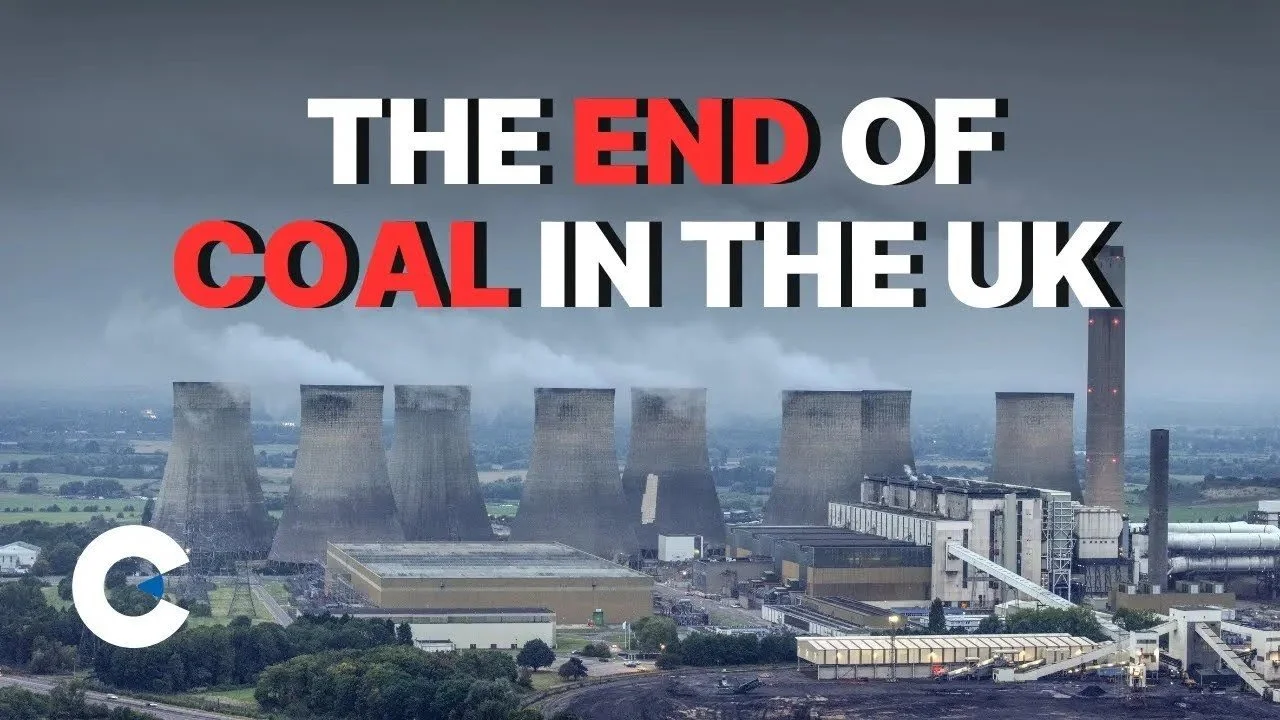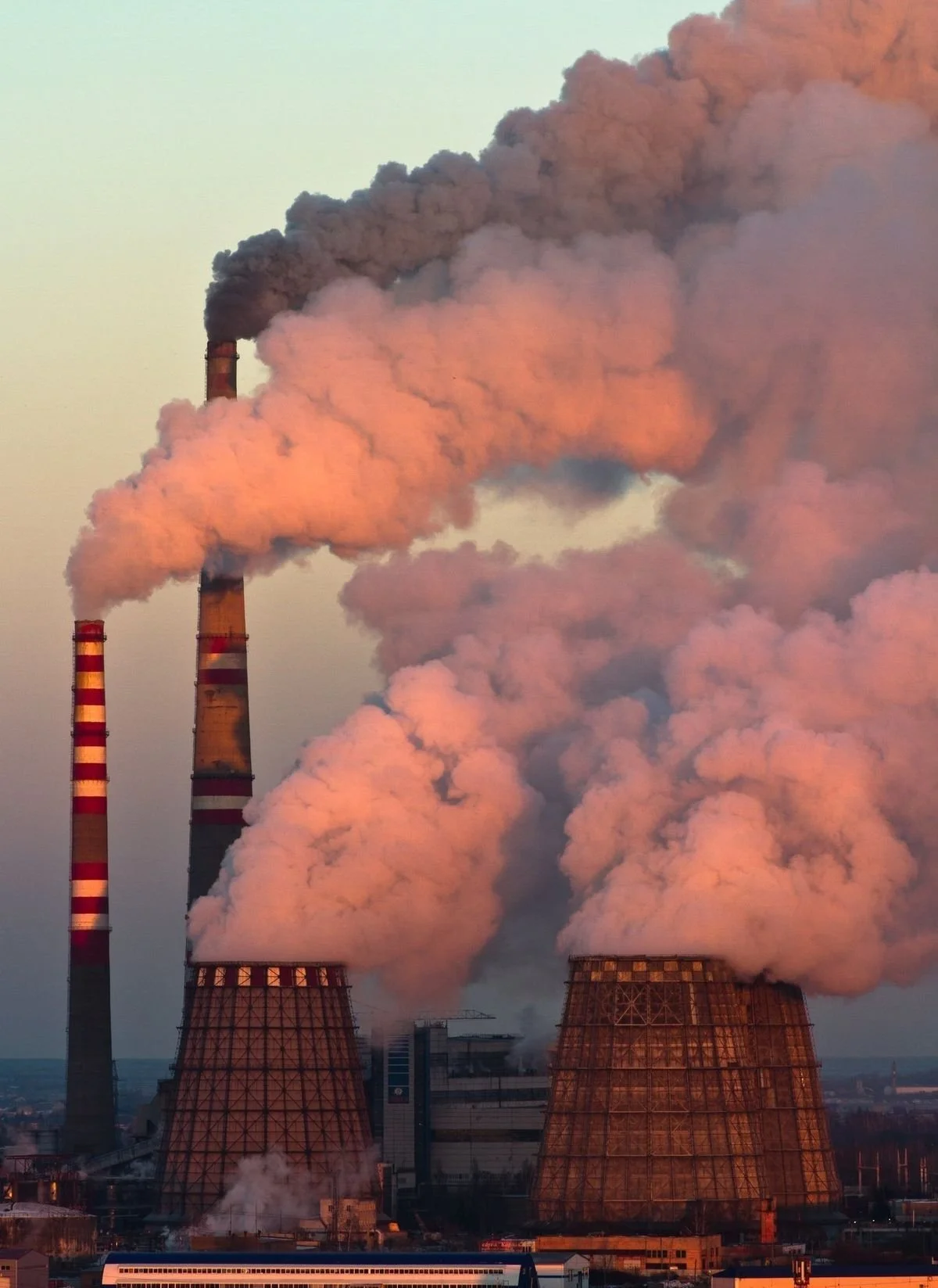Understanding Net Zero and What Happens When a Major Party Walks Away
First, what is meant by net zero?
“Net zero” refers to the point at which a country (or company) balances the greenhouse gases it emits with those it removes from the atmosphere. Put simply, emissions out = emissions in (Earth.org, 2023).
It’s a central concept in global climate strategy, achieving net zero by mid-century is critical to limiting global warming to 1.5°C above pre-industrial levels under the Paris Agreement (Grattan Institute, 2025). Australia’s national target of net zero by 2050 was designed to provide policy certainty for energy markets, investors, and industries transitioning to low-carbon models. It was also a signal that Australia was aligned with global efforts to decarbonise.
But the Nationals have abandoned this target - why?
This month, the National Party of Australia formally voted to abandon its commitment to net zero by 2050, breaking from the Coalition’s shared climate policy (ABC News, 2025). Nationals leader David Littleproud said the decision reflected a desire to prioritise “regional livelihoods and economic fairness” over what the party viewed as “ideological” emissions goals (SBS News, 2025). The Nationals argue that rigid net zero timelines risk harming regional economies dependent on mining, agriculture and manufacturing, sectors they say are already under pressure from global price shifts and policy transitions (The Conversation, 2025).
The move also represents a political repositioning. While the Liberal Party continues to support the 2050 target, the Nationals now favour a more flexible “technology-driven” approach, claiming Australia should not cut emissions faster than comparable countries (The Conversation, 2025).
Image source: ABC News, Luke Stephenson.
What does this mean for climate and capital?
Abandoning a formal net zero commitment creates policy uncertainty at a time when global markets are accelerating toward decarbonisation. For climate progress, the decision risks slowing momentum in regional adaptation, renewable infrastructure and clean technology deployment — areas where certainty is crucial for long-term planning (ABC News, 2025).
For investors, it raises deeper questions about transition risk. When political divisions undermine policy alignment, it increases volatility in energy and resource markets. Impact-oriented investors must account for these policy headwinds, but they also hold the leverage to keep climate ambition moving forward through private capital and innovation.
For regional communities, the Nationals’ new position is framed as a protective measure, aiming to preserve jobs, affordability and local industries. Critics, however, argue it’s a short-term comfort at long-term cost, risking missed opportunities for diversification and sustainable economic growth (SBS News, 2025).
At UNLESS, we view the Nationals’ decision not as the end of climate ambition, but as a reminder that leadership doesn’t always come from Parliament. The net zero transition is already well underway and driven by economics, technology and market demand. Investors who ignore that trajectory risk being left behind.
Even when policy stalls, capital can lead. Responsible investors, advisers, and innovators now carry the torch for the transition.
References
ABC News (2025). Nationals formally abandon net zero by 2050. https://www.abc.net.au/news/2025-11-02/nationals-formally-abandon-net-zero-by-2050/105962162
Earth.org (2023). What does net zero mean and why is it important? https://earth.org/net-zero/
Grattan Institute (2025). Orange Book 2025: Australia’s net-zero challenge. https://grattan.edu.au/news/orange-book-2025-australias-net-zero-challenge/
SBS News (2025). What is net zero, and why have the Nationals abandoned it? https://www.abc.net.au/news/2025-11-02/nationals-formally-abandon-net-zero-by-2050/105962162
The Conversation (2025). View from the Hill: Nationals dump net zero, say Australia shouldn’t cut emissions faster than comparable countries. https://theconversation.com/view-from-the-hill-nationals-dump-net-zero-say-australia-shouldnt-cut-emissions-faster-than-comparable-countries-268100




